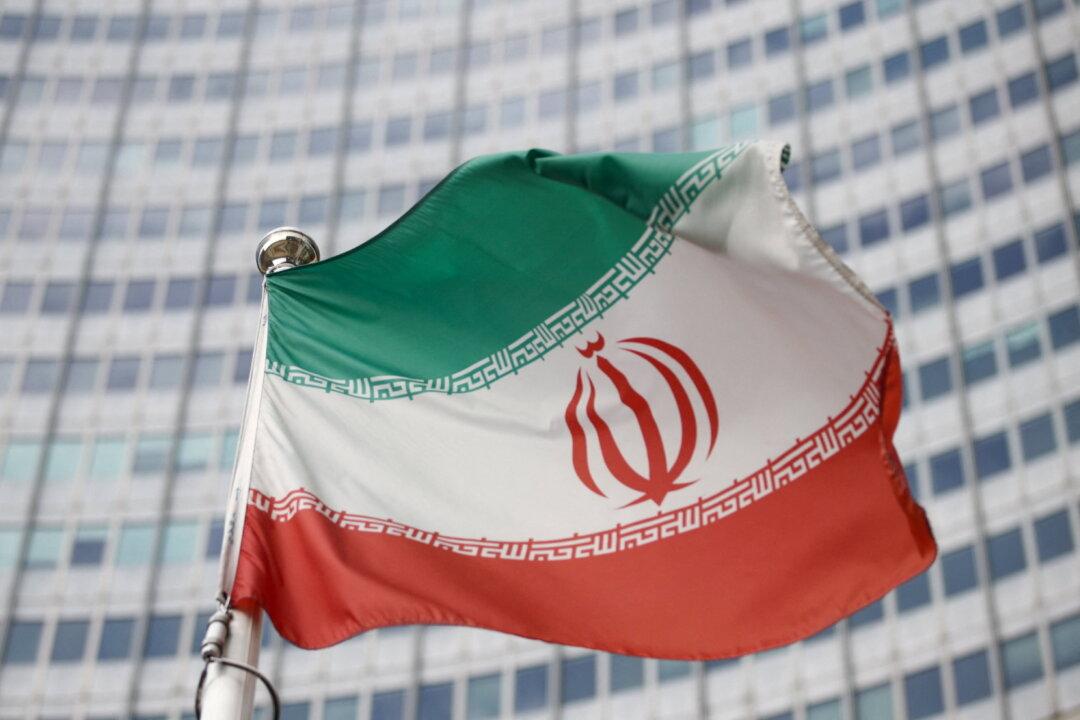Iran’s Foreign Ministry said on Aug. 22 that a prisoner swap with Washington isn’t linked to indirect talks with the United States to revive the 2015 nuclear deal.
“We emphasize that the exchange of prisoners with Washington is a separate issue and it has nothing to do with the process of negotiations to revive the 2015 pact,” Iran’s Foreign Ministry spokesman Nasser Kanaani told reporters on Aug. 22.




